The dawn that greets the last leg of a long road is never ordinary. It arrives hushed, creeping over low fences, touching the tar with fingers almost apologetic after so much rattling, roaring mileage.
I sit behind Josie’s wide windshield and watch that dawn gather itself, and understand with a clarity that startles: the journey is finished. All that’s left is the home stretch, the straight line that arrows southeast toward a porch lamp left burning just for me.
The Ledger of Miles
Six thousand honest, hammering miles now lie behind us—Josie’s odometer keeps the tally like an old farmer counting bales. We’ve outrun thunderheads in Oklahoma, bobbed across the endless fields of harvested corn in Kansas, and idled on courthouse squares where stray dogs trotted by with the easy assurance of locals.
We arrived empty-handed every time, save for a stack of twenty-dollar bills that changed pockets when we found someone whose spirit outran their bank account. Those bills are long gone now, traded for frozen turkeys and food bank shelves, for back-to-school sneakers and overdue utility payments, for a dozen quiet gestures no ledger could ever capture. The last folded stack left my hand in Brewton, Alabama, disappearing into a pharmacist’s grateful grasp like the final card in a magician’s trick. After that, there was nothing but lint, notebook pages, and gasoline fumes. Enough, I prayed, to carry us home.
The Pilgrim and His Wagon
Josie herself groans softly as I tap the dash—a pat of thanks, a fatherly reassurance. She smells of old heater-box dust and the faint tang of gasoline seeping from some line I never quite identified. She is forty-two years old, square as a lunch pail, and her tires hum on the blacktop with the contented sigh of a hound who knows the scent of supper.
I admit now what I scarcely dared whisper out on the high plains: I was afraid.
Not of the breakdowns—though the alternator’s last gasp in a Walmart lot rattled my faith a bit—but of returning empty. What if all this gift-giving, all this note-taking and over-the-counter talking amounted to nothing more than a pile of colorful anecdotes? What if the spirit of hope and generosity faded with the dawn the moment I turned toward home?
But the fear ebbs as the sun muscles over the horizon. Every mile seems to shrug another doubt from my shoulders. It is the same road I drove out on, yet different because I am different. I carry the stories like smooth creek stones in my pocket, rubbing them with a thumb whenever worry flares.
Ghost Roads and Grace Notes
Two days ago I chased a ghost—Alone, Kentucky, marked on the map like a dare. I found the cemetery easy enough: wind-gnarled cedars, marble tilted askew, a modest stone that read “Alone—Founded 1881.” Kitschy perfection for a highway romantic. Beyond the gate, though, no town waited, only dark timber and a cell-phone dead-zone that hummed in the ears. Josie’s battery chose that moment to announce her surrender back in Glasgow, and I shivered imagining the silence I’d have faced if she had died in those woods. Providence, some call it. Blind luck, mutter the skeptics. Either way, I took the hint: time to turn the bow toward home.
A Chorus of Helpers
Gratitude tumbles through my thoughts like loose change in a dryer.
I hear Steve’s calm drawl on the phone, guiding my grease-streaked hands as they coaxed new life into alternator bolts.
I see Dave Cook’s porch light flick on, his kids racing down the drive to meet the van that smelled of burnt oil and adventure.
I recall the BYOB of gifts—Bring Your Own Blessing—each stranger pressed on me when they learned what the Tour aimed to do: a tank of gas, a sack of apples, a twenty slipped into my palm with the covert grace of a Sunday-morning tithe.
And Brenda. Always Brenda. She let me go with a kiss and a single request—“be home by Christmas”—and never once tugged the tether when worrisome texts arrived about tornado skies or a misfiring engine. Her faith in my return was the silent engine that never faltered.
The Last Tank
I stop at a rust-stained pump in rural Georgia, the card reader protected by duct tape and hope. Two crisp twenties remain—my Gideon’s ration. I feed them to the slot, watch the numbers climb: 10 gallons... 15, 16. Josie gulps every drop with gratitude, the needle clawing past three-quarters fighting to find Full. It will be enough. Might even leave a sip to spare.
Inside, the cashier with a cross around her neck and worry lines around her eyes rings up a black coffee and a pack of peanut-butter crackers. I hand her my last dollars. But she pushes it back. “Road donation,” she says, nodding toward the van. She must have seen the out-of-state plate, read the fatigue in my shoulders. I tuck that final dollar in the visor—a talisman for the last hundred miles.
Rolling Reflection
The tires sing a lullaby. Memories spool past in reverse:
The librarian in Orlinda wiping dust from children’s books with eyes alight.
The spokesman/pastor in Dawson Springs lugging groceries to a widow’s porch.
The day I traded a grand in cold twenties for a mountain of turkeys and handed them out until my arms ached.
Each scene clicks into place like slides in an old projector. I realize, with something close to awe, that the Hope & Generosity Tour was never about the money. Money is merely the spark; the wildfire is what people choose to do once their hearts catch flame. I was carrier and chronicler, nothing more—and nothing less.
The Longed-For Porch
Late afternoon. Pines grow taller, the air thickens with the scent of home. Home is within spitting distance. My heartbeat quickens. It always quickens at this stage of return. A smile comes unbidden and tugs at the corners of my mouth.
Pulling up to the house, I cut the engine and just sit quiet. The house, familiar yet somehow new. Fresh eyes. I gather my belongings—lighter now than when I began, yet heavier with meaning.
I’ve called Brenda’s cell and asked her to check the park bench that sits just outside our front door. “There should be a package waiting for you there,” I tell her, standing just a few feet from the door that will open at the same moment her heart does at the surprise of seeing me.
The sight of her steals my breath. Her eyes meet mine, and in that instant, everything else falls away. The road, the miles, the stories—they all converge into this singular moment.
"Welcome home," she says softly behind a wide smile.
I cross those last ten feet in two strides. The hug we share folds the whole country between us, flattening mountains, straightening rivers. No words are necessary now as we embrace. The world is all arms and elbows.
Supper and Accounting
Steam curls from the plates—rib-eye steaks seared just shy of medium, baked potatoes and buttered, salad bright and bold. We eat like travelers returned from siege, laughing over stories I rationed on the phone but now spill in full technicolor. She listens and winces at the near misses.
Later, at the kitchen table, I spread the notepads. Try to make sense of the notes scrawled in truck stops, classic diners, laundromats and midnight parking lots. Brenda thumbs a page where grease smeared the ink and raises an eyebrow. “Alternator day,” I confess.
We tally the gifts: $12,000 gone in whispers of kindness. Ten towns. Eleven recipients plus 67 free frozen giveaway turkeys. Countless echoes as money turned to a new church roof, gifts for an after-school program for “problem” kids, groceries and rent and Christmas layaway. The math is simple, the impact anything but.
Nightfall
Under blankets that smell of home-washed cotton, silence settles. The ceiling fan turns slow, steady—nothing like the buffet of wind Josie’s vents hurled at me on cold nights. I listen to Brenda’s breathing ease into sleep and feel a strange buoyancy: I made it. We made it.
My eyes trace the faint lines in the ceiling paint and I think of one last truth the road delivered: generosity is not a reservoir you drain, but a river you step into. Give, and the current carries the gift onward, circles back in forms you never expected—a mechanic’s discount, a stranger’s smile, a single dollar pressed into your palm at a gas station.
Epilogue at Dawn
Morning again, but different from the thousands before it. No itinerary. No miles to chart. Just coffee burbling, dog nails clicking across the wood floor, Brenda humming as she spoons grounds. I cradle the mug, inhale steam, and close my eyes.
Somewhere out there an Assuan brown van named Josie rests, her engine ticking cool, her tires still warm. She is battered, paint faded, but she carried hope the length of a continent and never once quit outright. That’s enough heroism for any machine.
As for me, I’ll patch drywall, take down the Christmas lights, maybe even fix that sink faucet that’s been loose since July. Ordinary tasks, yet holy in their own right. And when winter nights lean long and the highway whistle stirs in my ribs, I’ll open the pages of those notebooks, revisit the grainy photographs, and remember how vast and kind this country can be when you dare to ask, Who needs a hand today?
Until the next calling, I’m content. Because home, at its best, is not the end of the road but the place where every road—no matter how ragged—finally makes sense.
There are so many people to thank. First, to my wife, Brenda, for cutting me loose and telling me, “Just be home by Christmas.” Next, to my only corporate sponsor, GoWesty. Though I never had to call on them for parts or technical assistance, the fact that they were just a phone call away in case I ran into a trial I couldn’t handle was extremely gratifying.
And speaking of breakdowns… I have to give a shout out to my friend Steve Payne. He was on “speed dial” on my cell phone and consulted with me through every bump and grumble that Josie came up that needed some TLC. (Steve even bought some some heated thermal underwear—yes, that’s a thing—that saved my sorry butt when the van temp plummeted into the low 30s.) And there was Dave Cook, who offered up his driveway, his shower, a meal out with his family, and some expert VW mechanic skills that proved invaluable to Josie’s performance. And finally, Joel Baden, who made an extremely generous donation just in time; his gift essentially bought my alternator and paid for the overnight shipping. My trip would have been several days shorter had Joel not stepped up. And finally, much gratitude goes to Chris Ambler, who supplied the behind-the-scenes muscle for building and hosting the Tour's website.
And of course there were all the people I met and became instant friends with. Nearly everyone I met and interviewed went above and beyond, offering up their homes, a solid meal, or a safe place to park (more valuable than you can imagine).
In the end, we’ve traveled just about 6,000 miles. And to you dedicated readers, you waded through 45,915 written words. Perhaps more importantly was the outpouring of support and well wishes each of you provided when my mother died or when my spirit was flagging.
Thank you, thank you, thank you all. This was, indeed, the journey of a lifetime.
Peace.

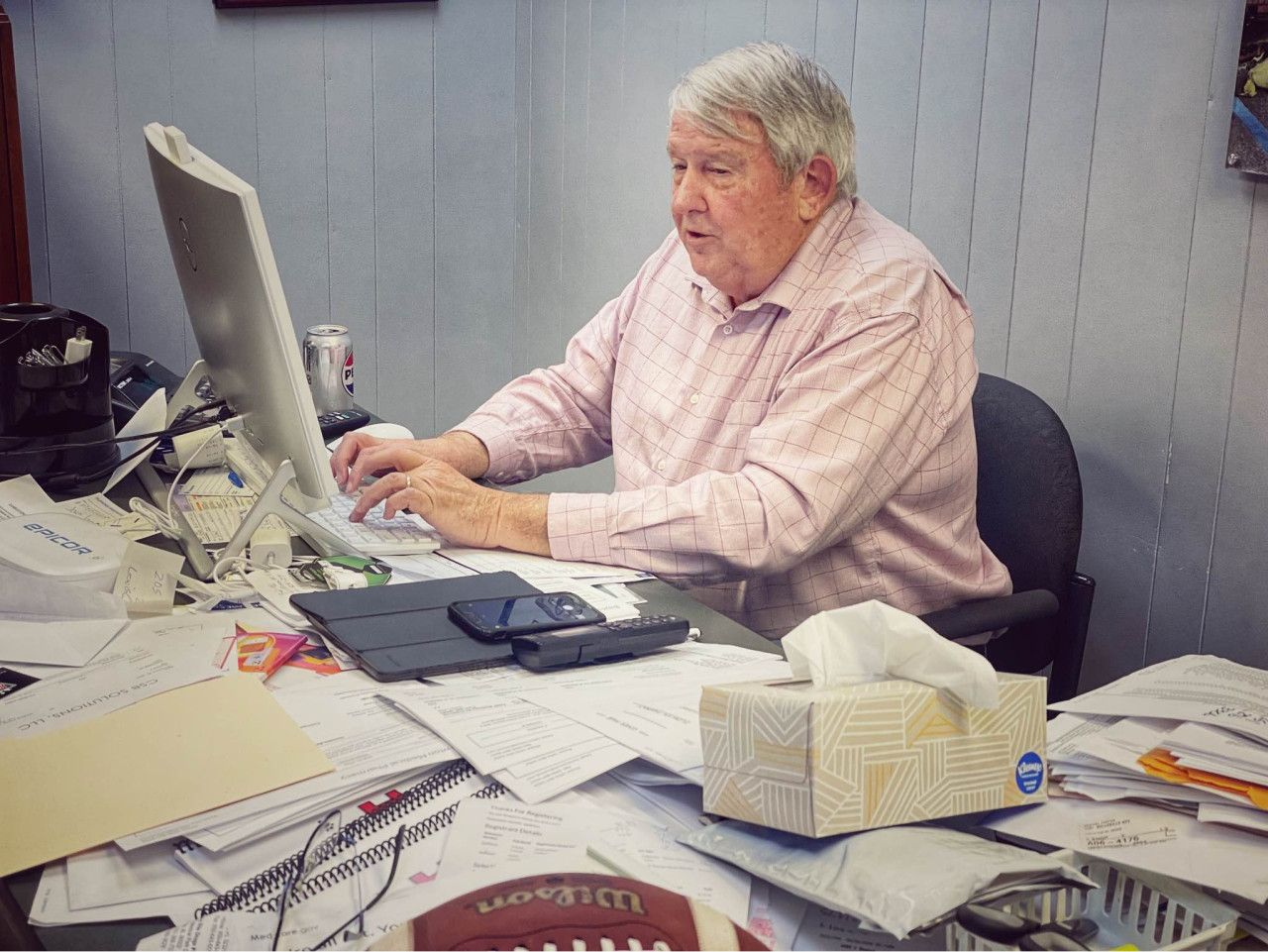
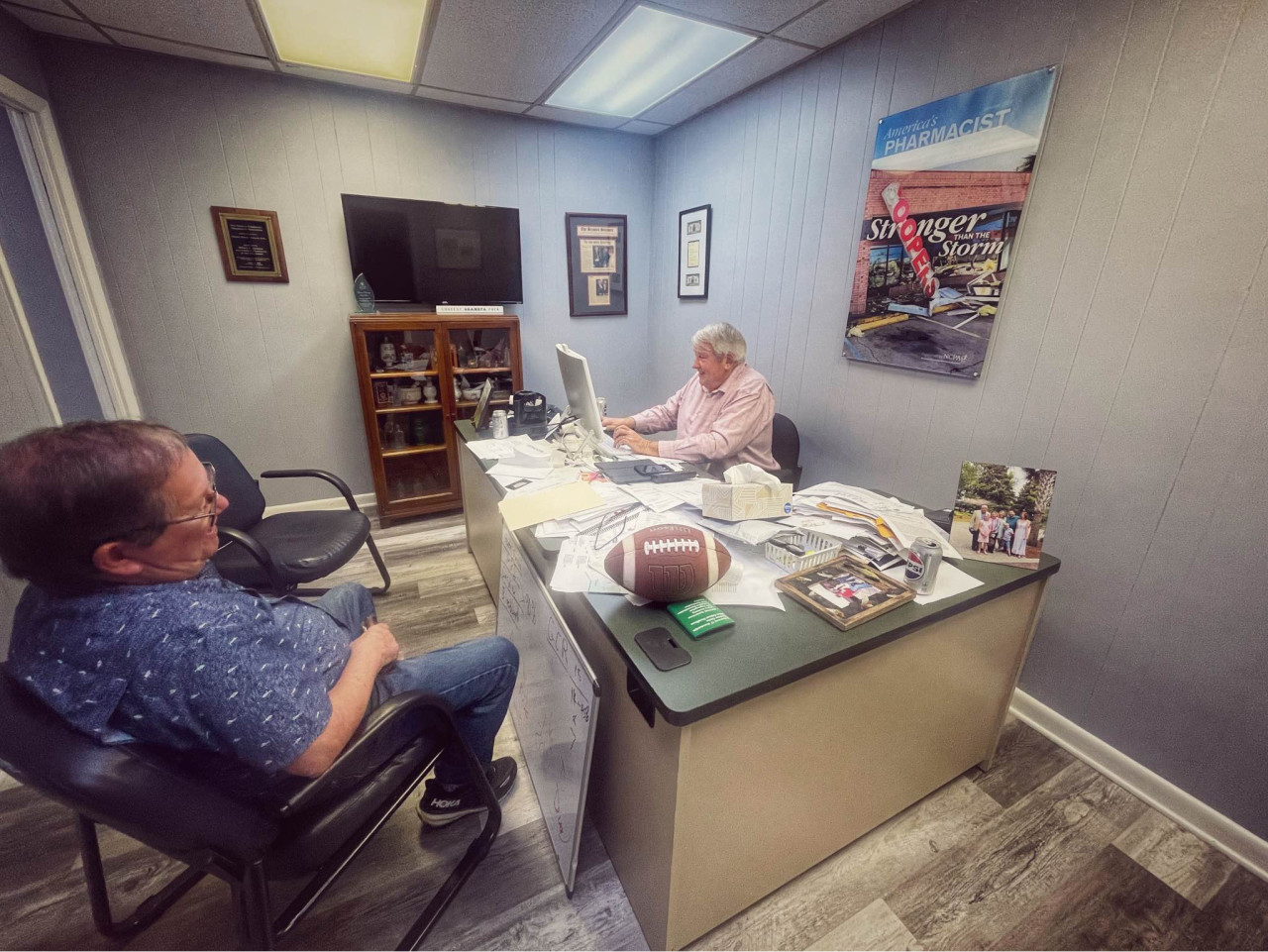
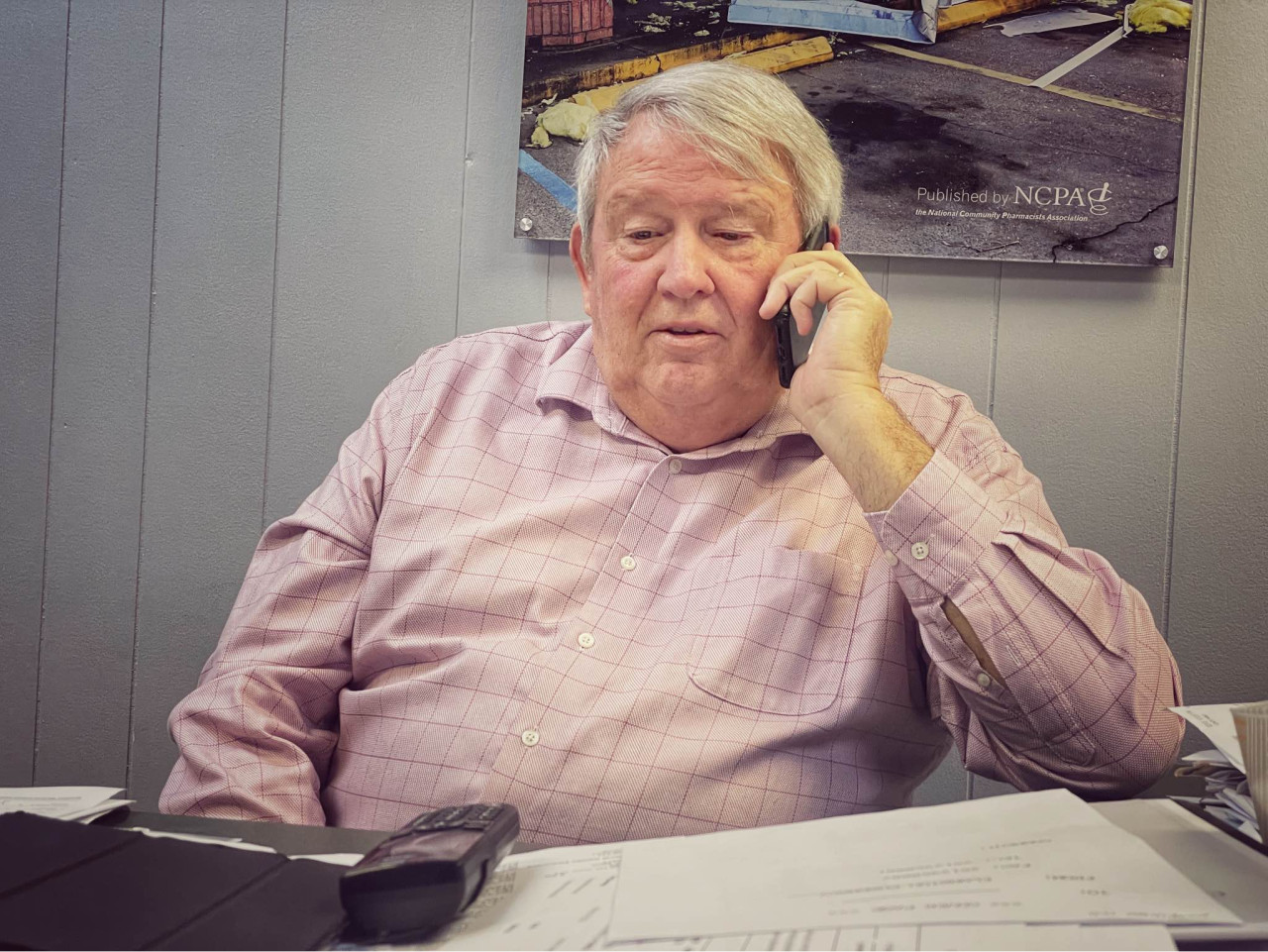
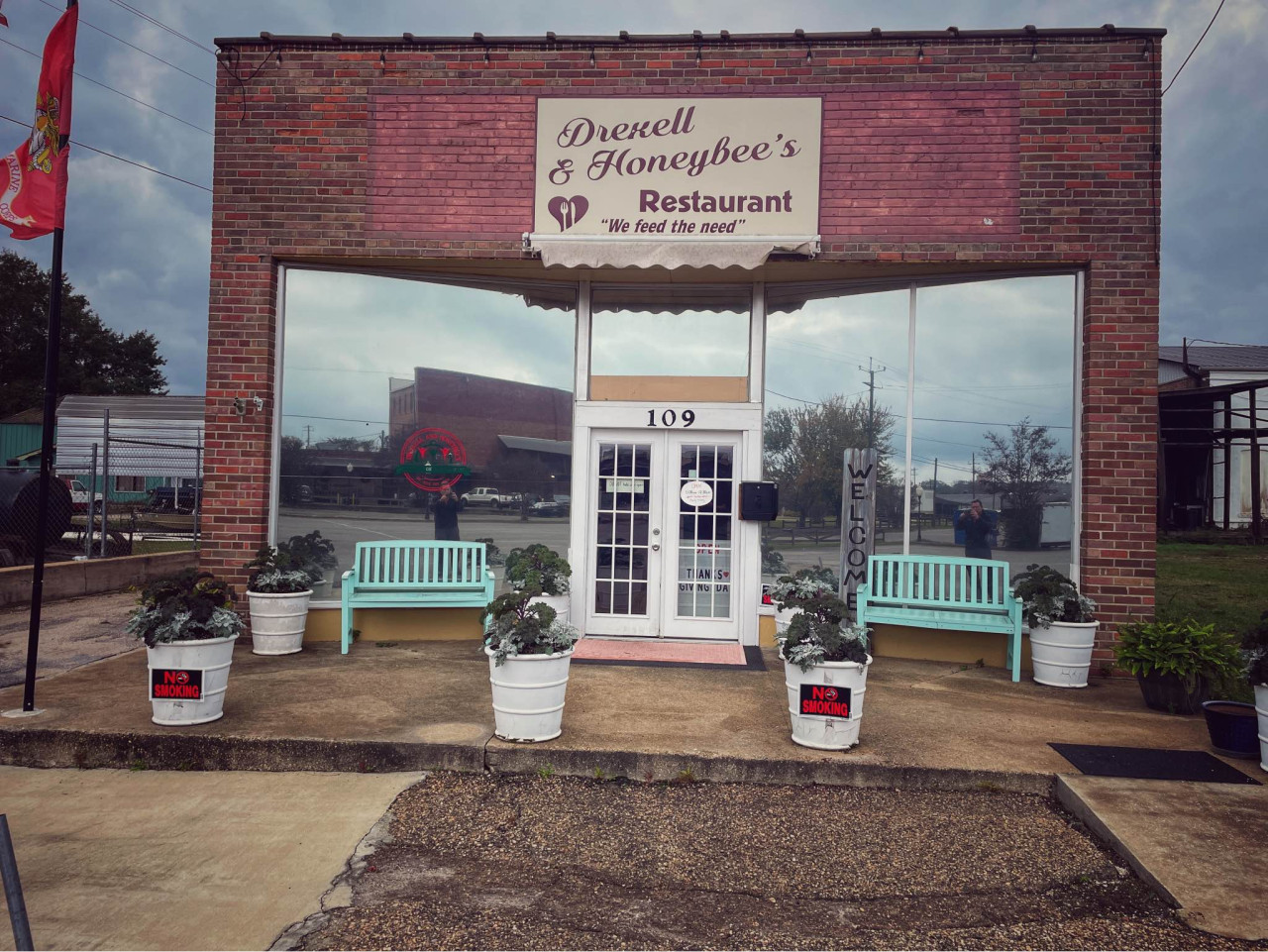
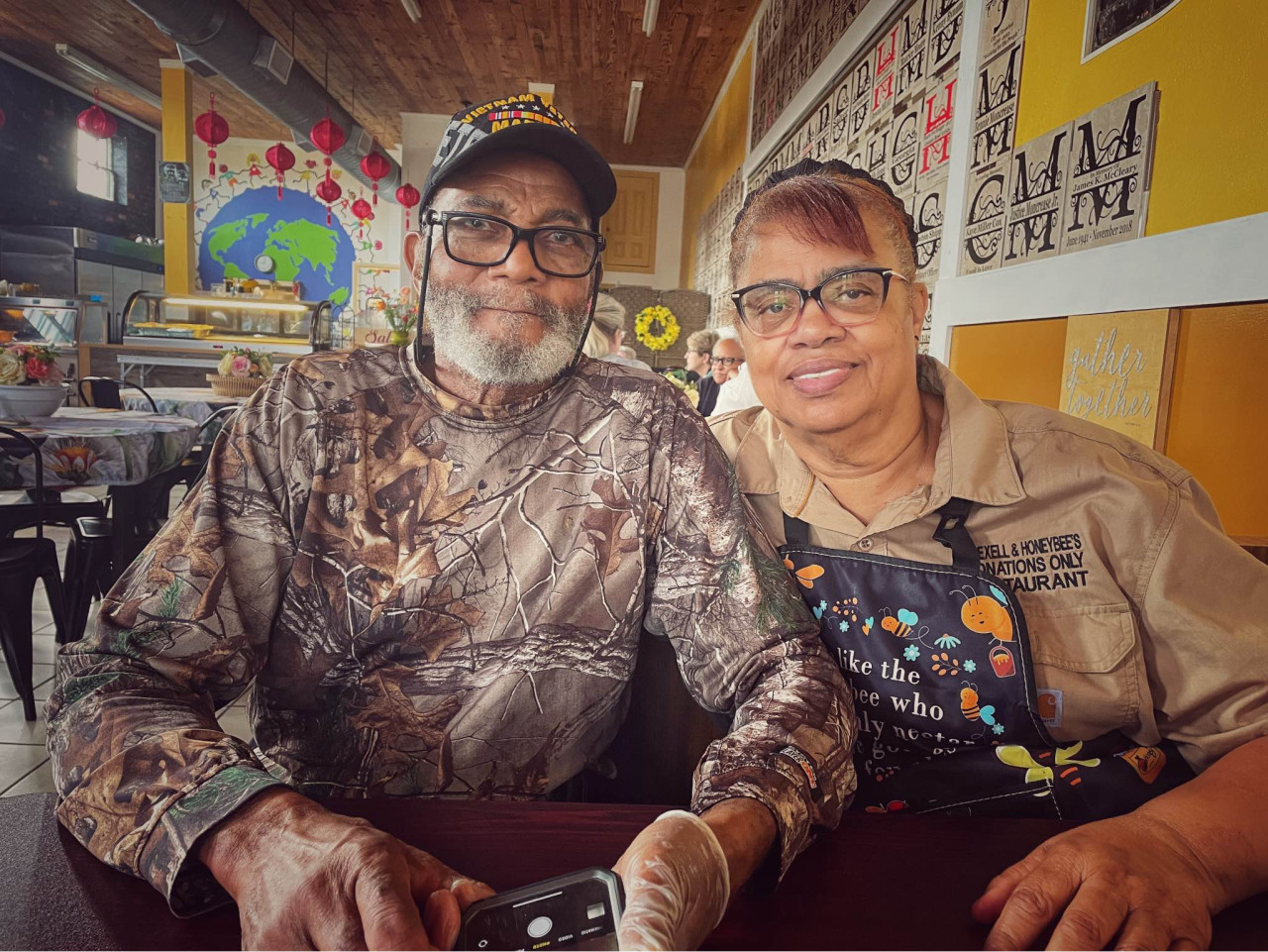
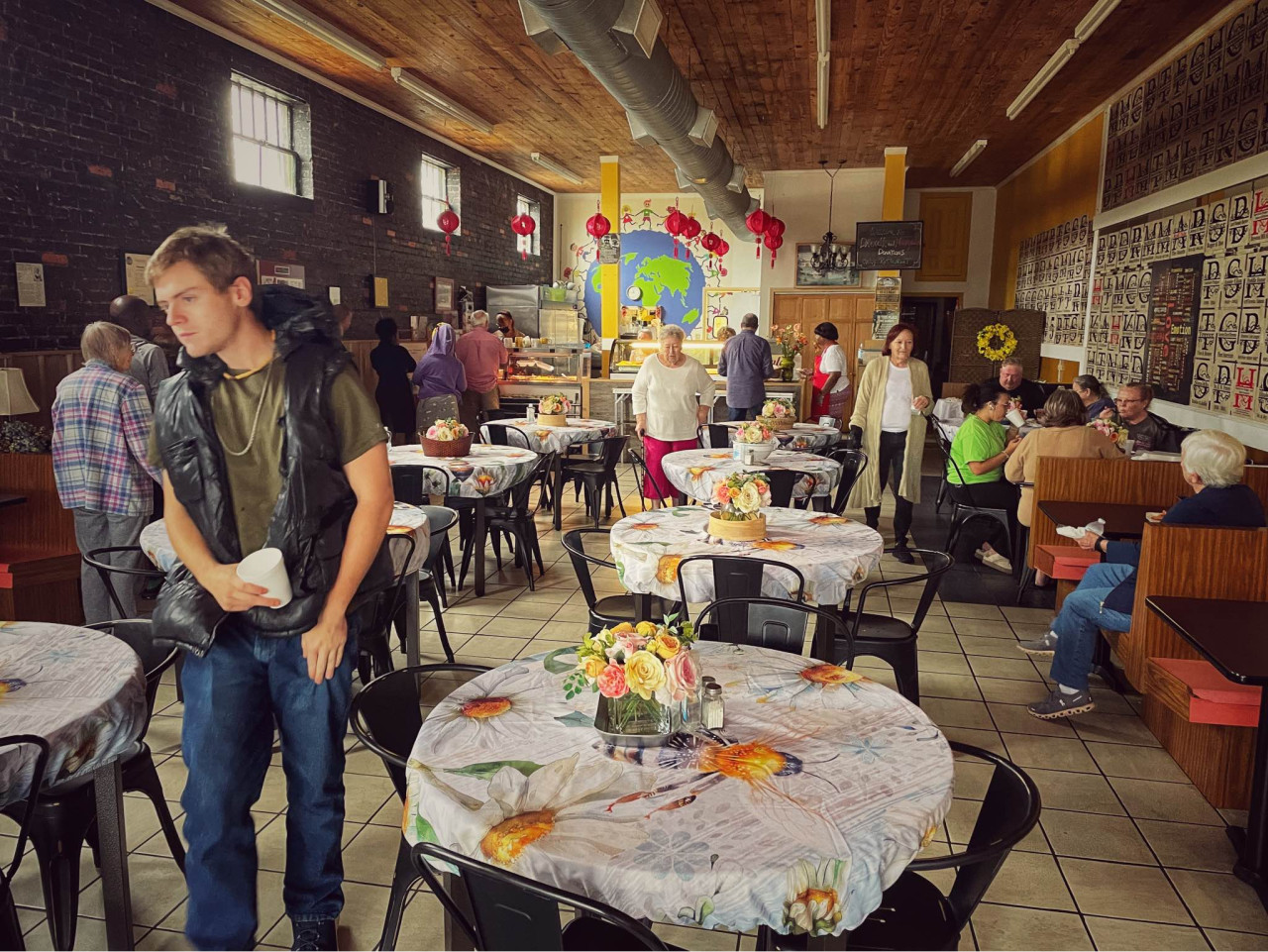
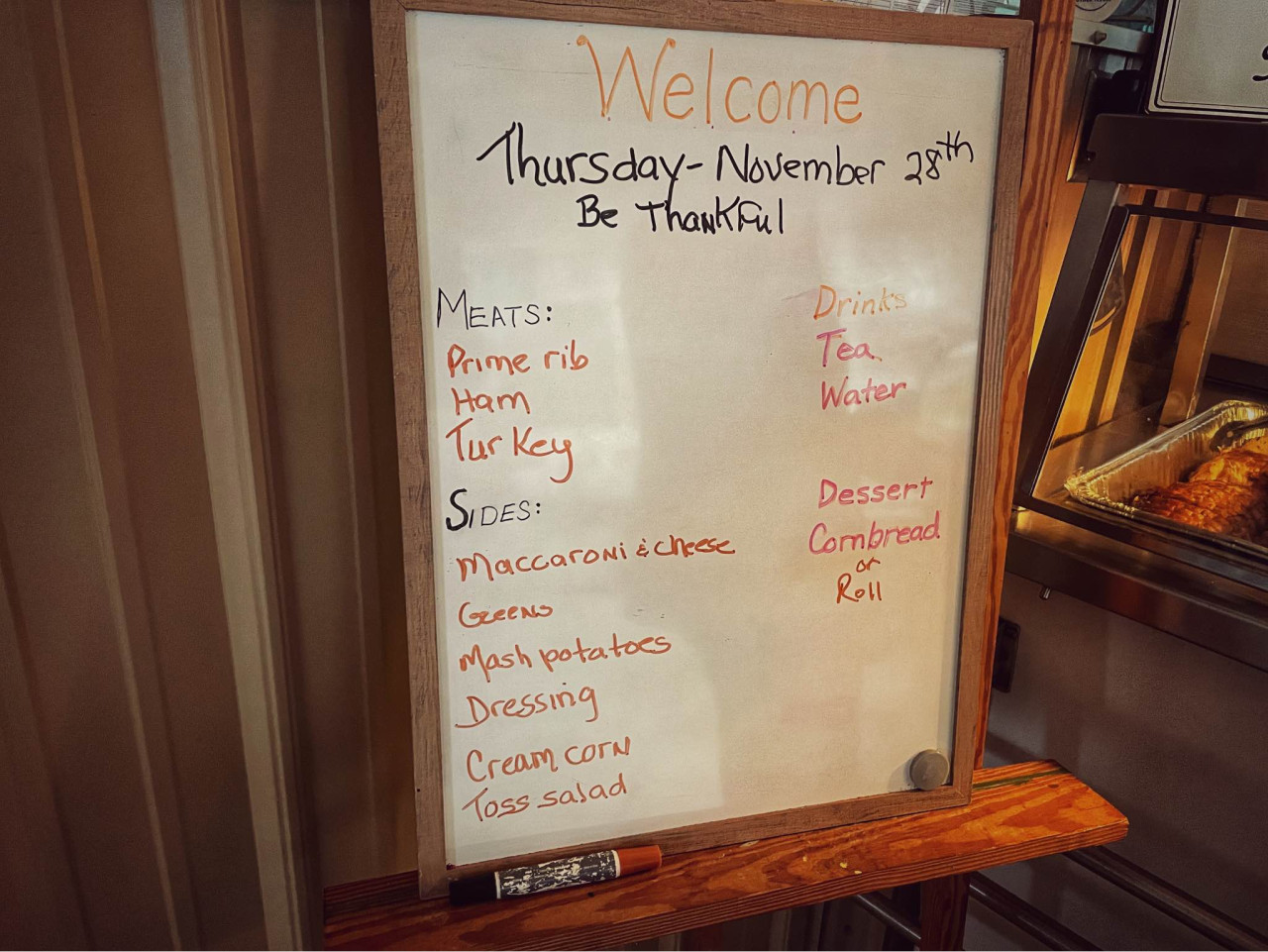
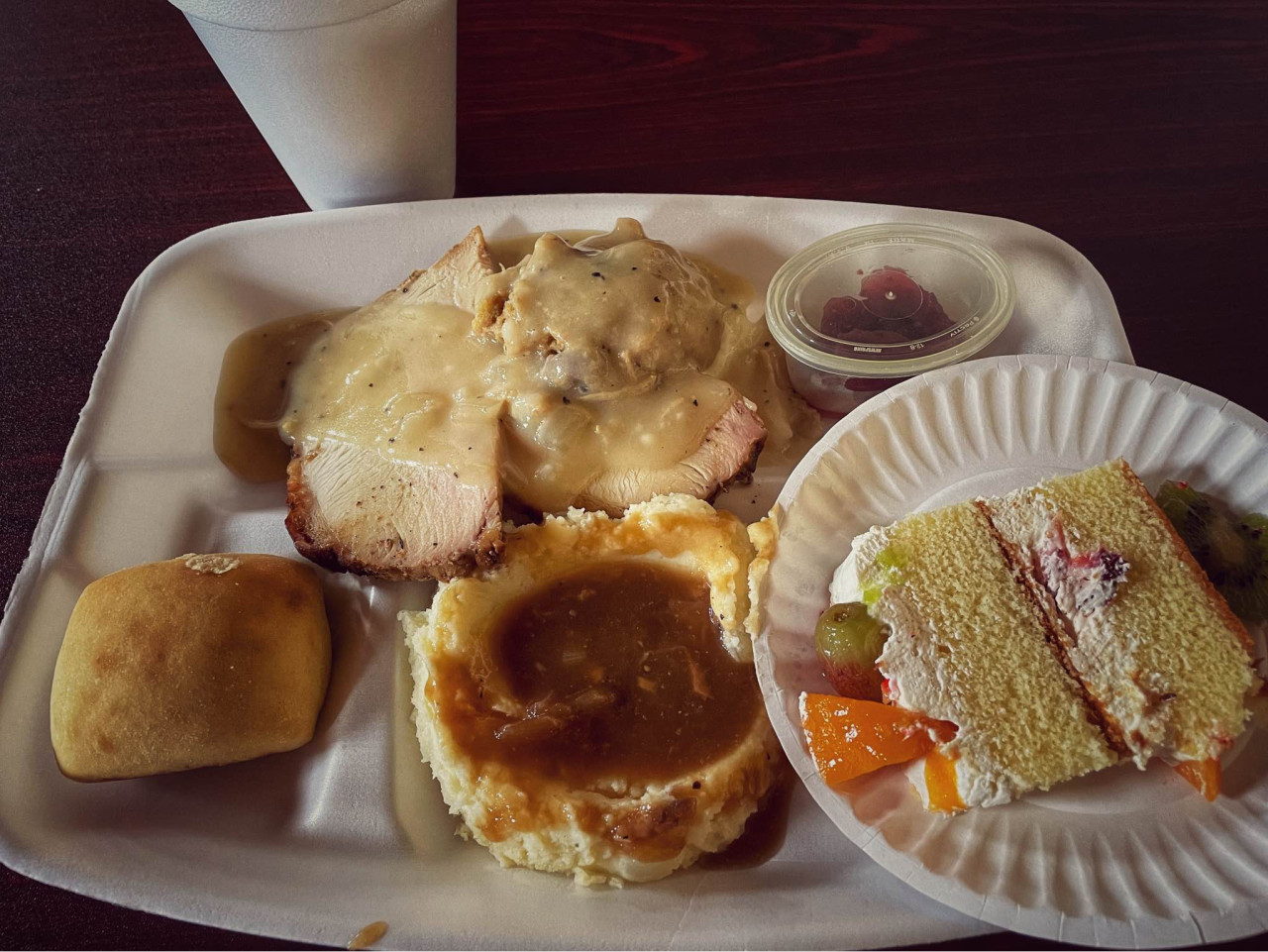
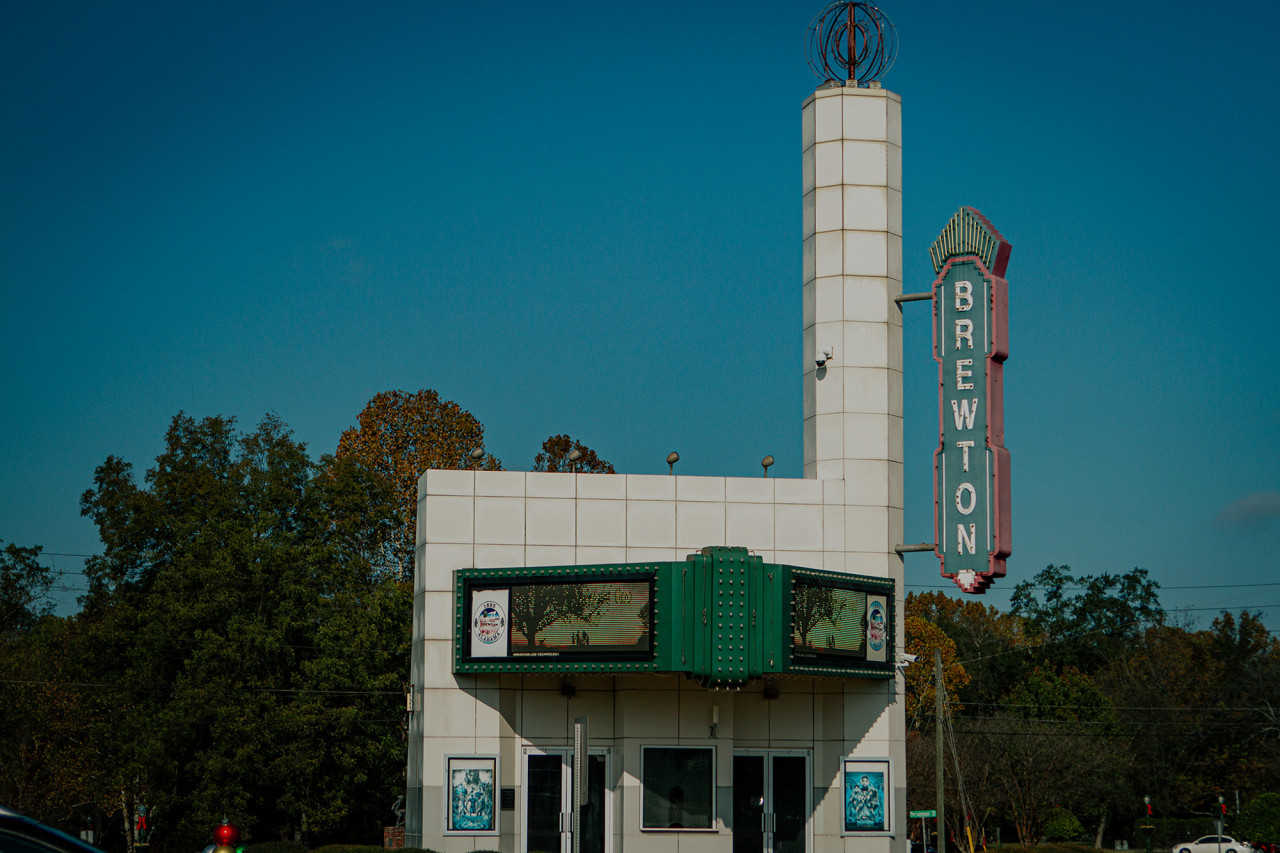
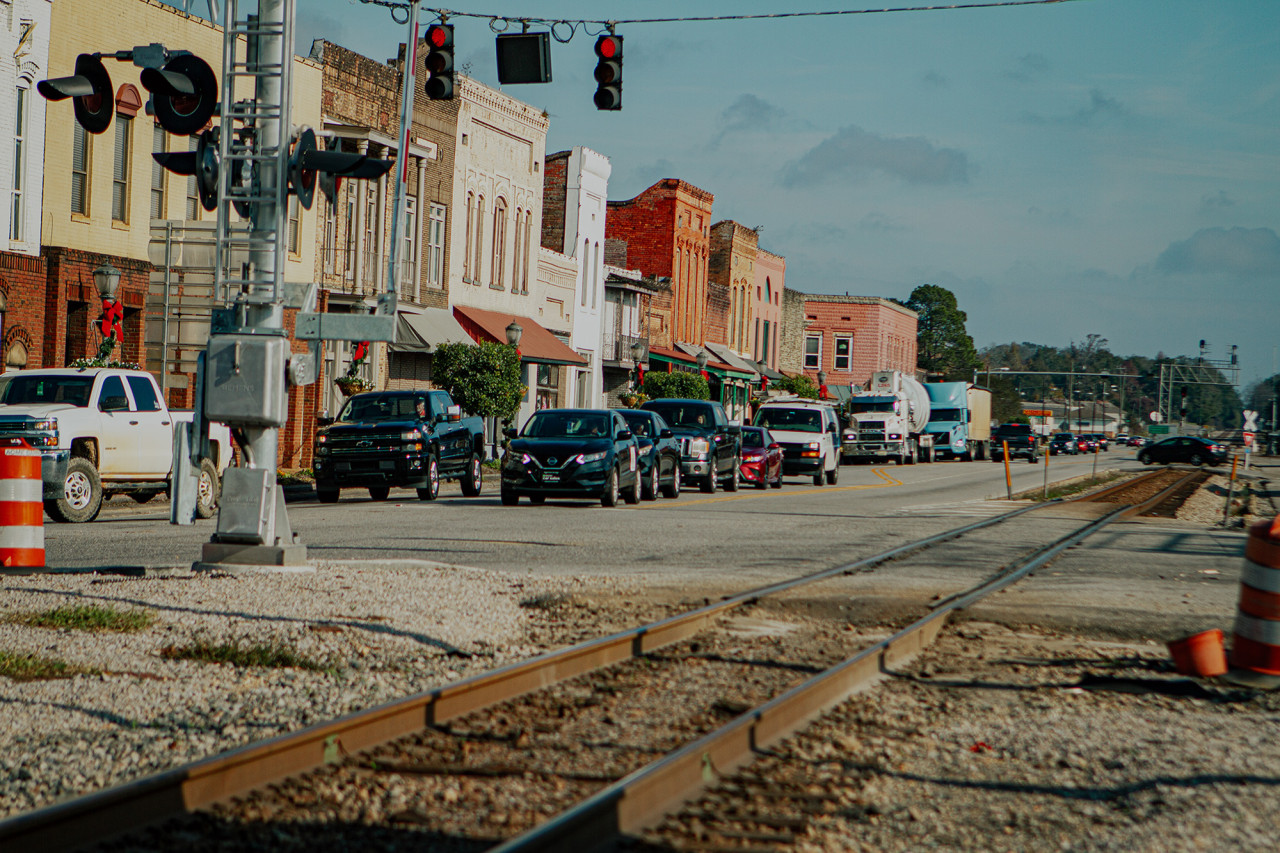
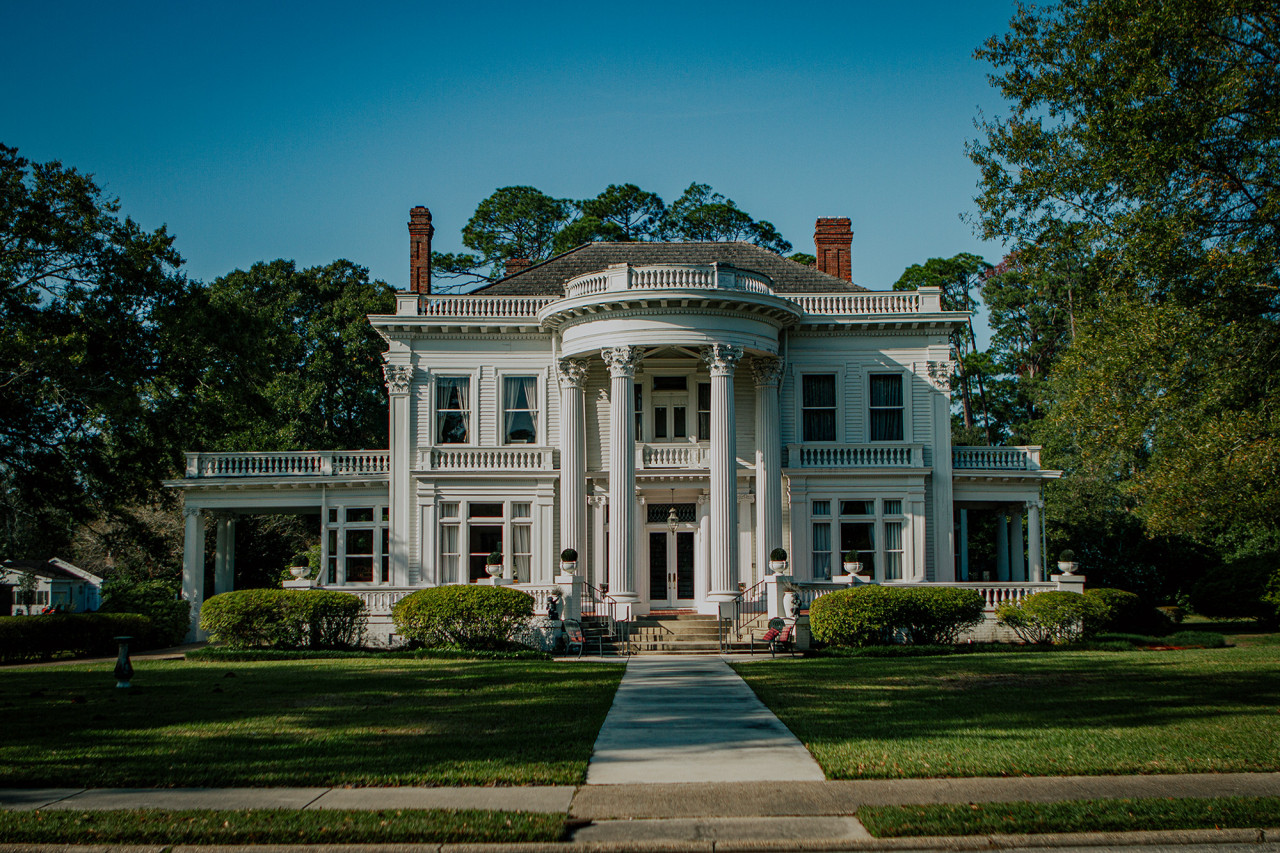
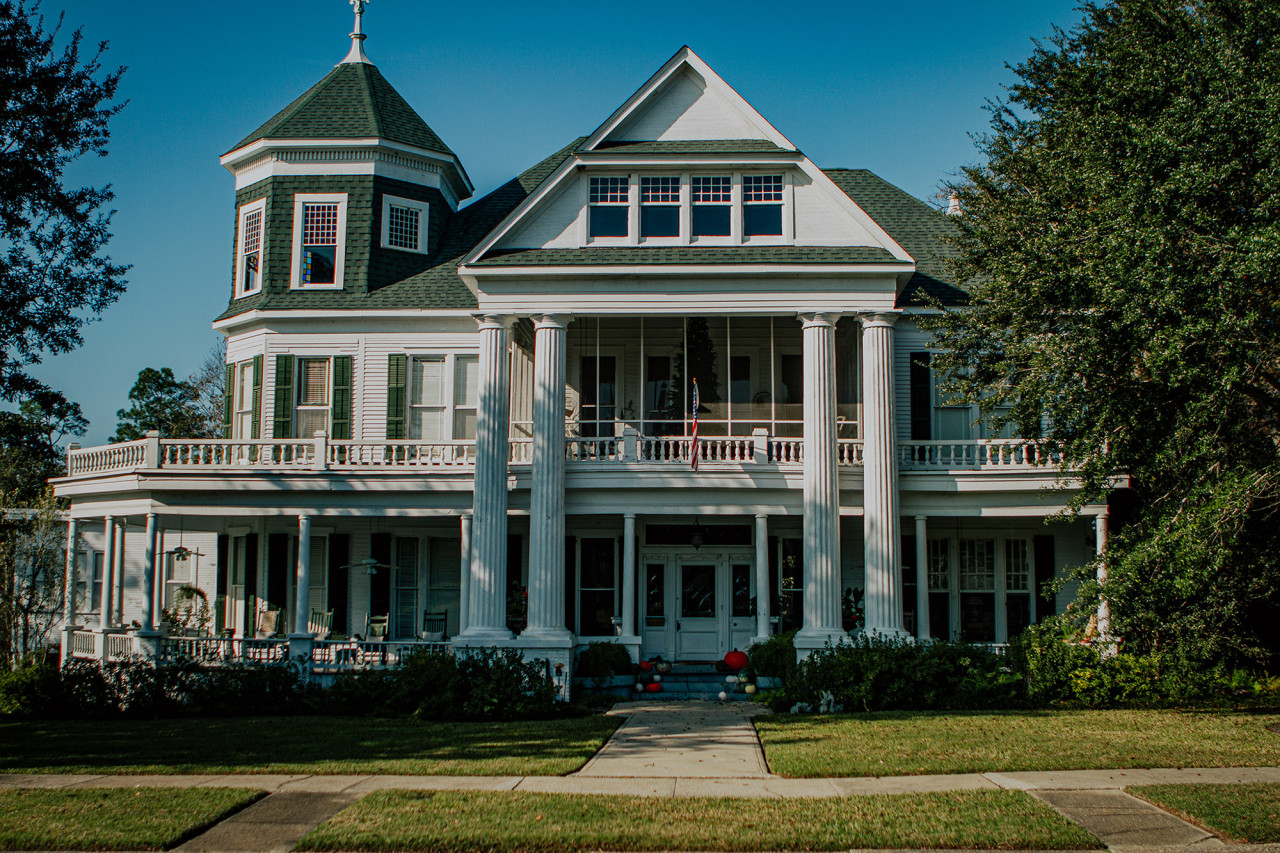
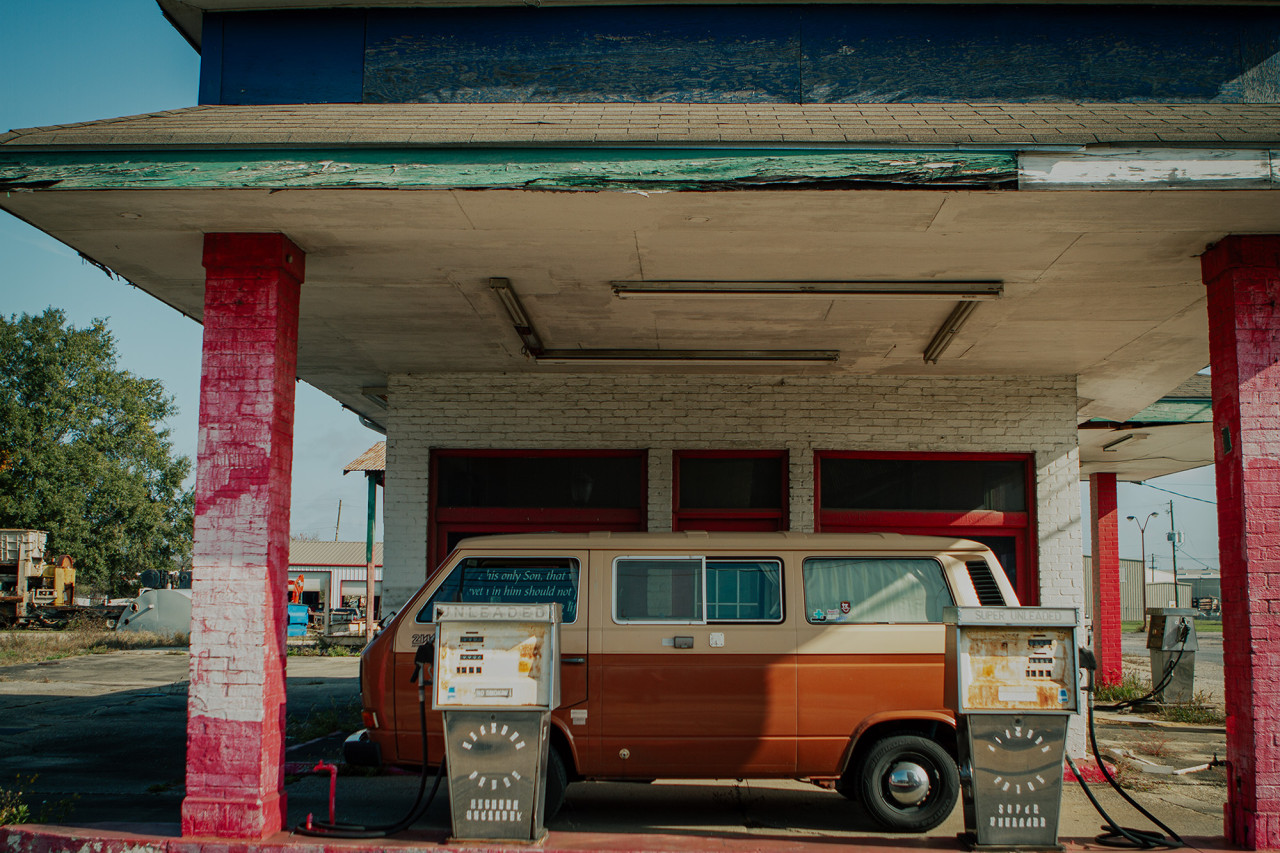
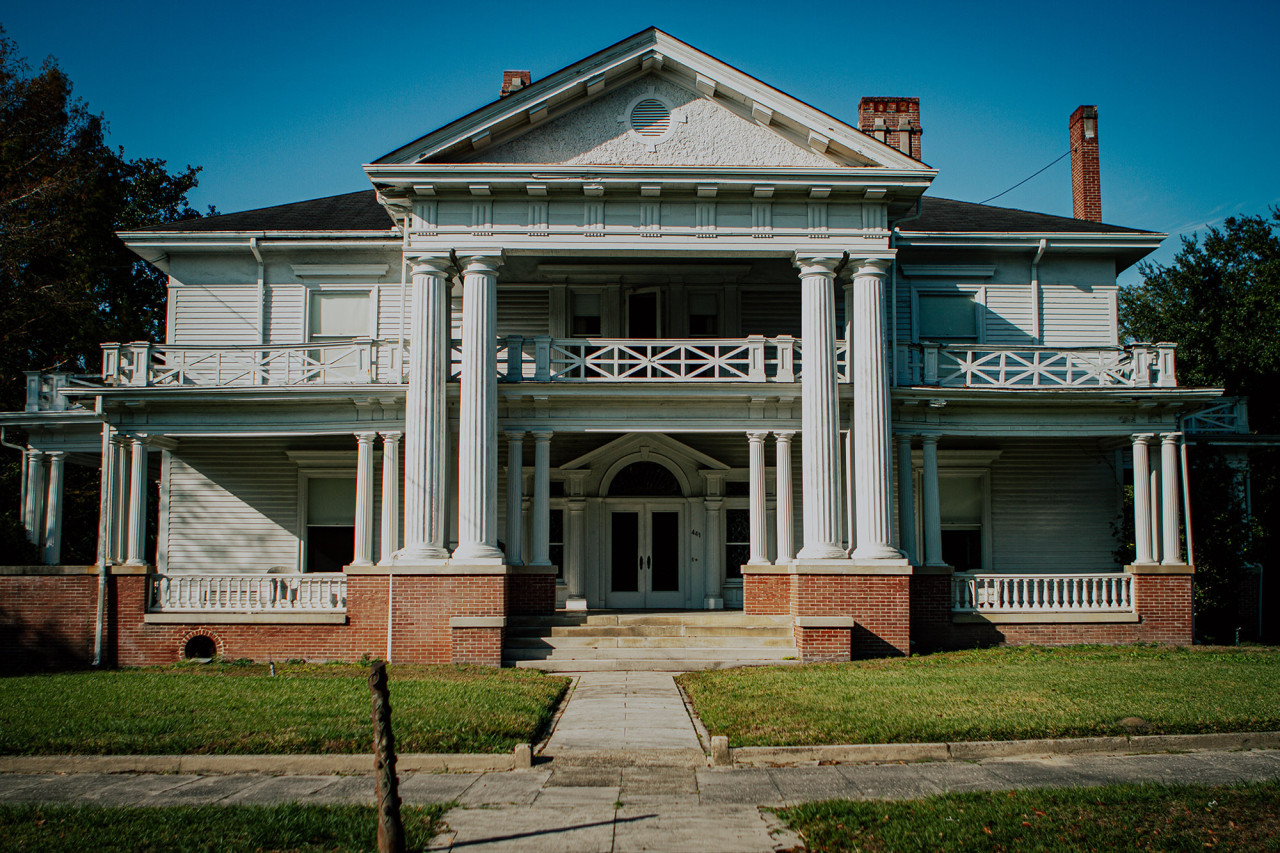
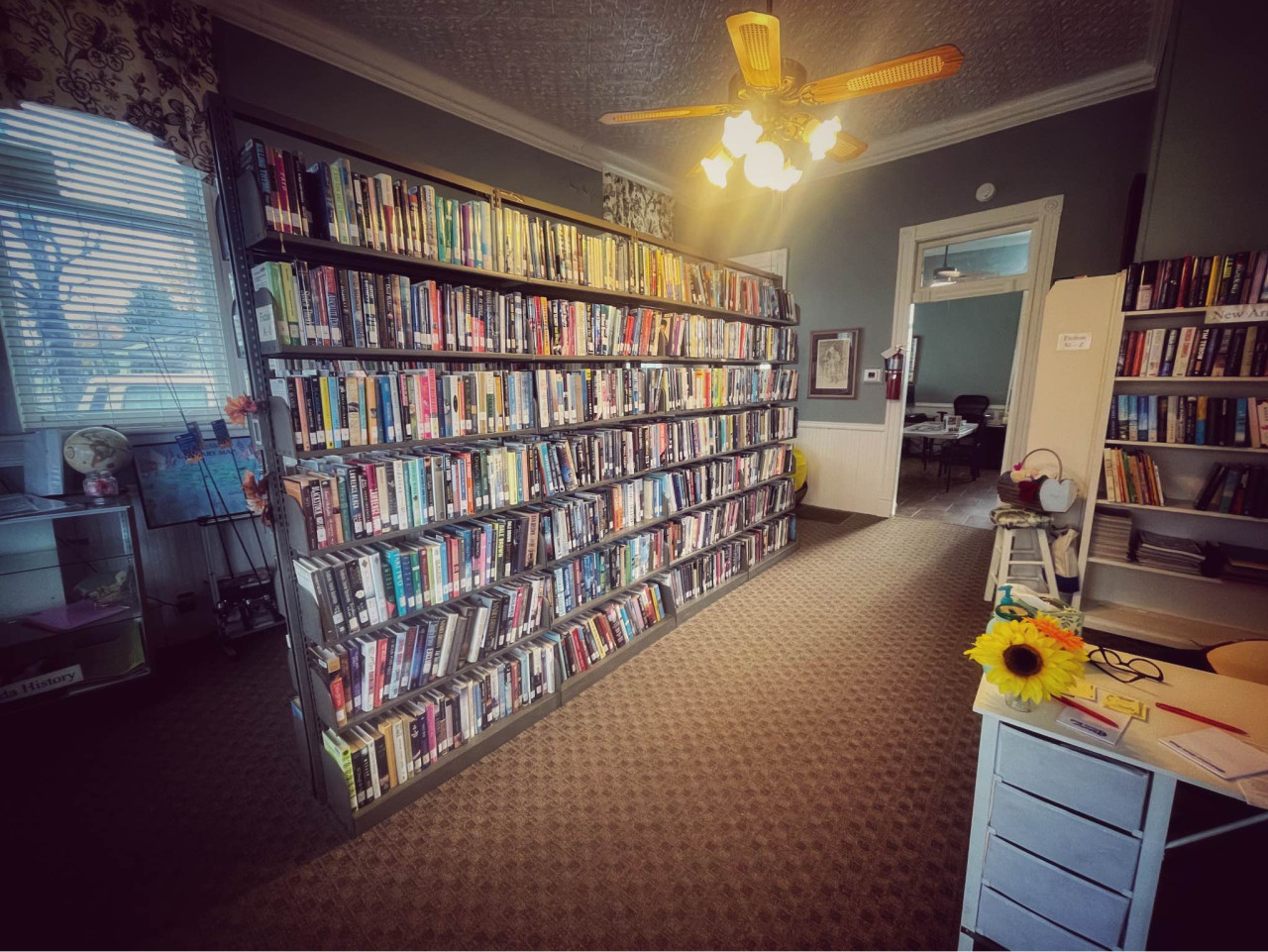
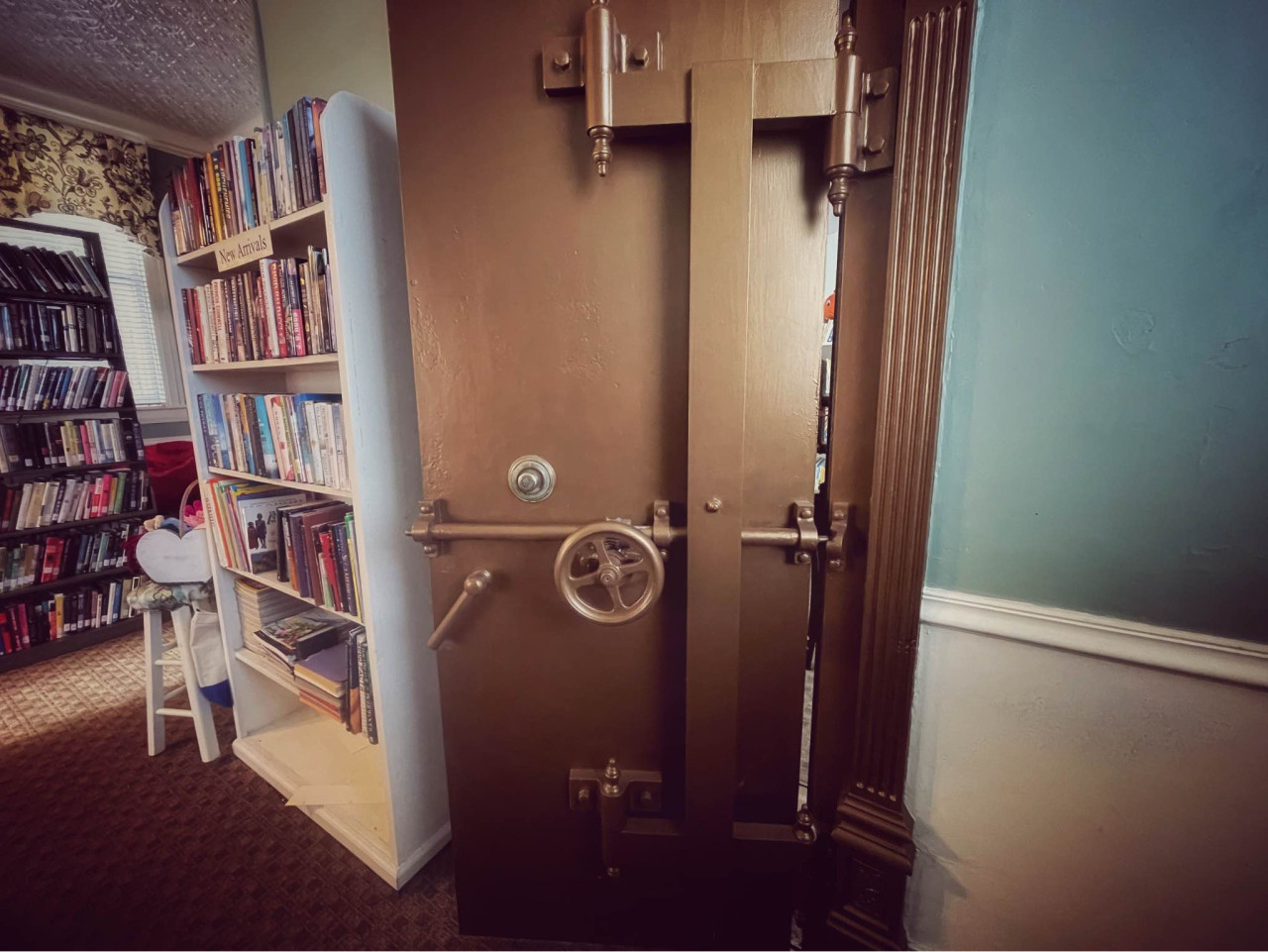
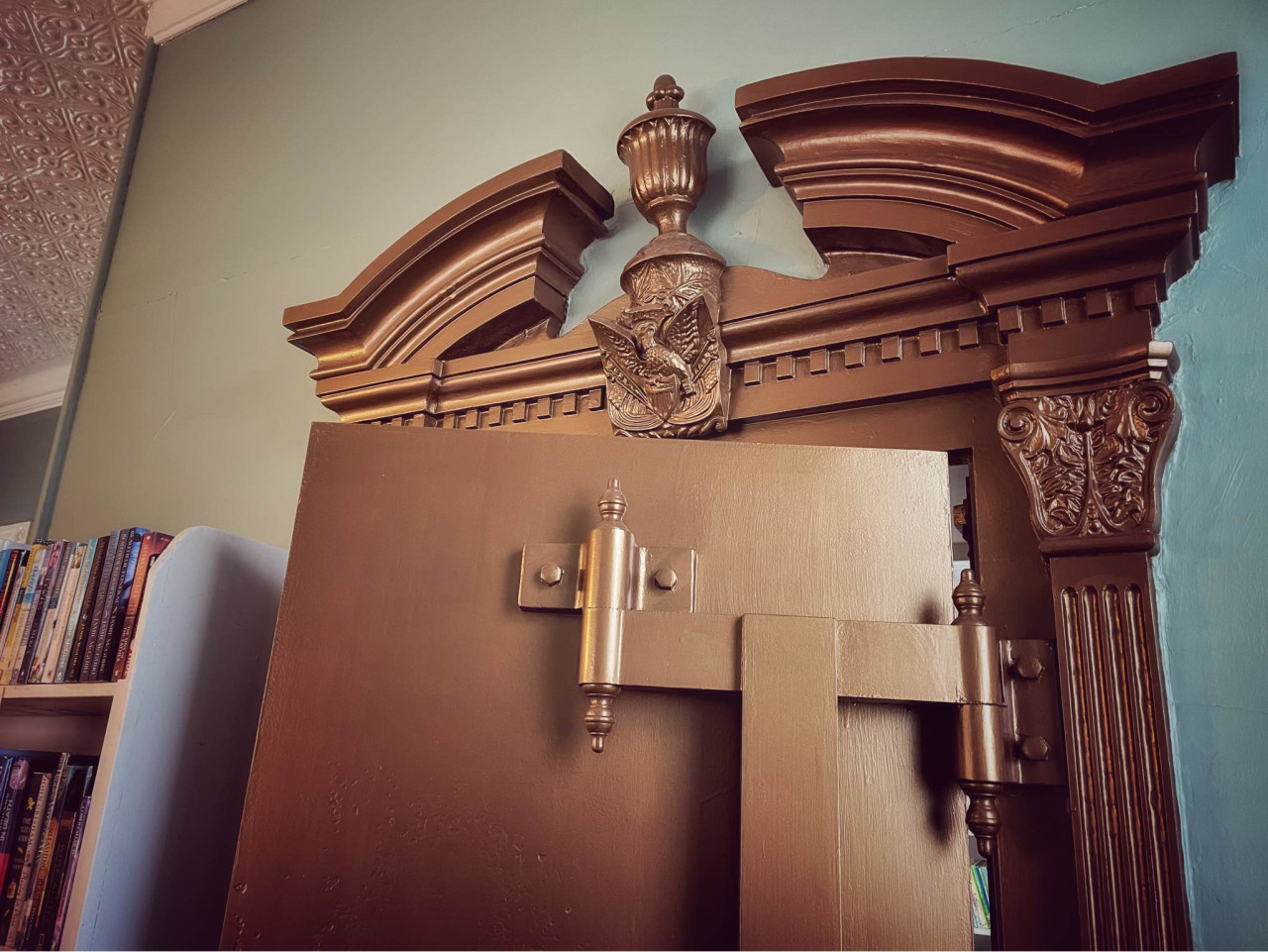

Again, a great story again... thanks for taking us along for the ride.
In tears my friend. I appreciate your gift with storytelling so much.
Wow. Thank you for all you do Cate, and thank you Brock and the Hope & Generosity Tour for bringing this to us. So very powerful.
What a story. The people you are finding have incredible stories and I know how appreciative they are of your generosity.
Fabulous visuals and insight.